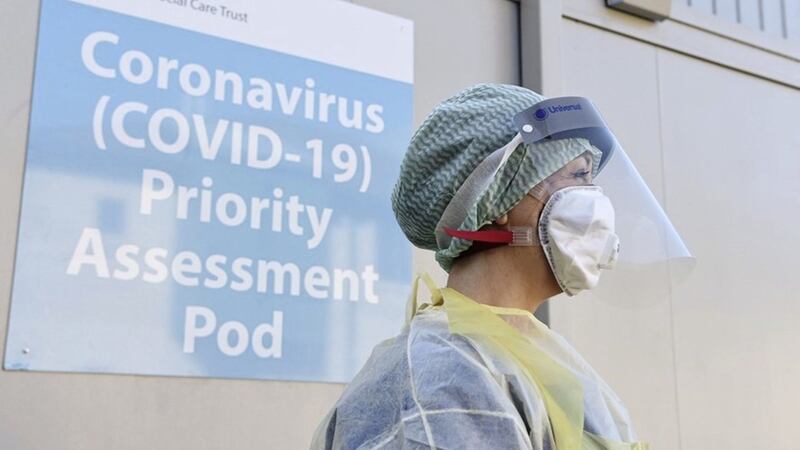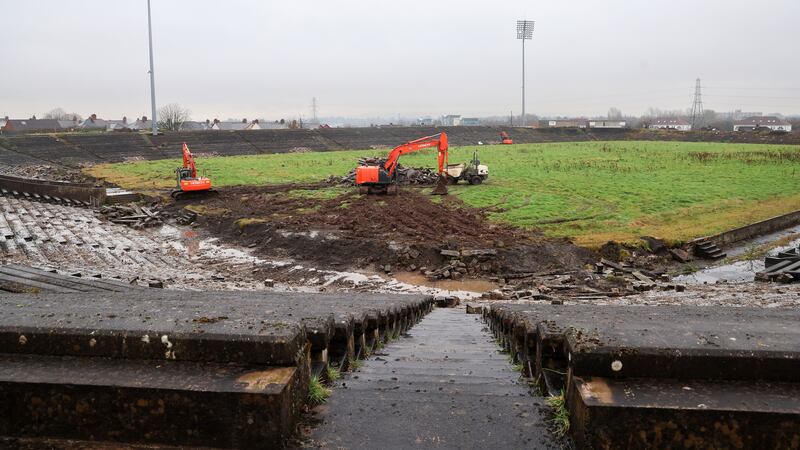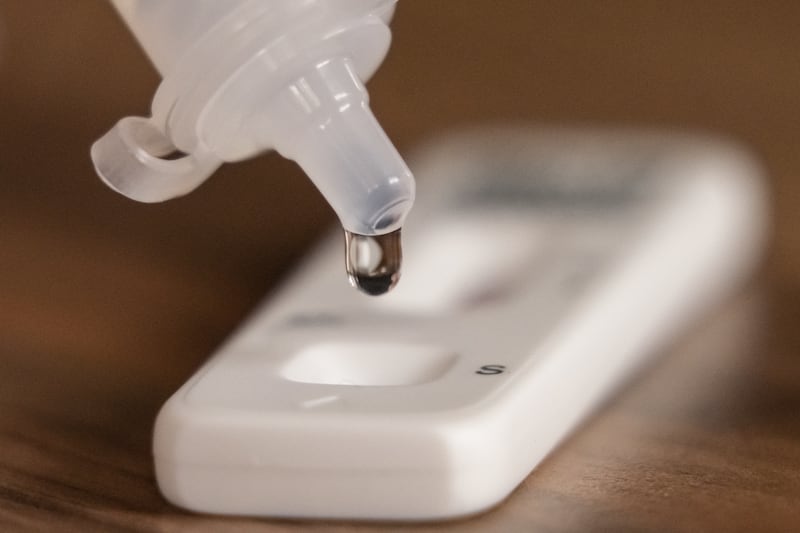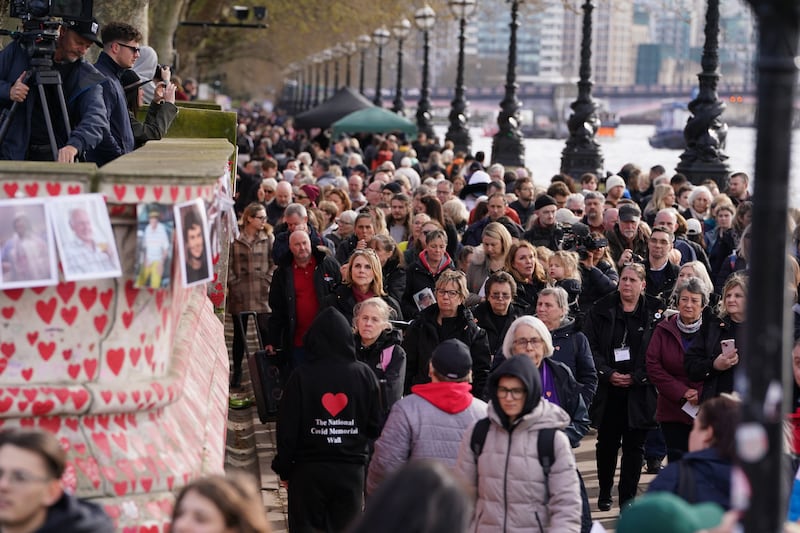HEALTH authorities are coming under pressure to publish data on where people are contracting coronavirus following a spike in cases last week - a month into stringent lockdown measures.
The Public Health Agency (PHA), which has "high level data on key areas currently being used to monitor Covid-19 activity", does not publish a breakdown of infection sources.
In the Republic, detailed weekly updates on 'outbreak locations' - from private homes to guest houses to workplaces - are released.
When asked why similar information is not available in the north, despite a jump last week from 422 to 669 cases from Monday until Friday - a PHA spokesman said:
"Demand for testing, and the number of positive cases detected, can vary from day to day depending on various factors, and therefore single days should not be looked at in isolation - for this reason a weekly overview of cases is published by the PHA in its performance reports."
He added that while transmission is "most common in household settings", they don't have figures on the number of households affected nor for any other setting.
The chair of Stormont's health committee Colm Gildernew said the "data issue" had been raised repeatedly with the Department of Health.
"The World Health Organisation made clear from the outset that you cannot fight what you cannot see and if we don't have specific data here for the north, we will struggle to suppress transmission," the Sinn Féin MLA said.
"It is imperative that we are collecting our own data and not simply rely on information from elsewhere in order to better inform us of where we need to take action."
Public health expert Dr Gabriel Scally said it was particularly important to get data on household outbreaks in order to provide "targeted assistance" for those most in need - including people living in multiple occupancy houses.
"In the north, they don't have data on private residence clusters. If people are stuck in a house, where there could be multi generations or somewhere that is overcrowded - in that situation is extraordinarily difficult to isolate for a period of time. That's why we need a find, test, trace, isolation and support system.
"So when you find contacts, you help them isolate. You don't just send them a text telling them to self-isolate. If they're in a situation where they don't think they can self-isolate, you help them by putting them in a hotel for example and make sure they are supported financially, especially those on zero-hours contract. This is not being done."








